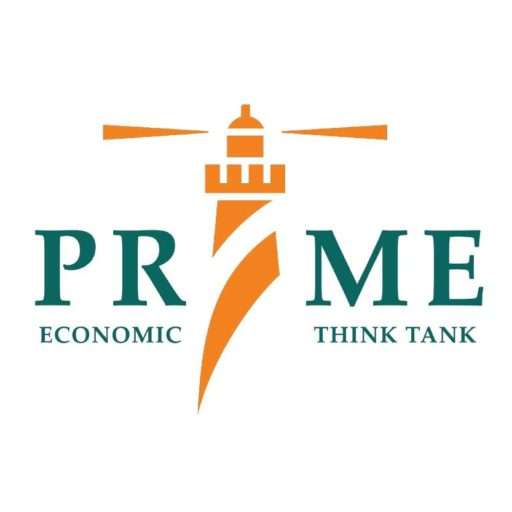100-day agenda for new govt
It will provide trigger for economic growth without any major investments

It is natural that citizens and voters build up expectations from a new government to deliver them relief. A newly elected government, which will hopefully take the reins soon in Islamabad, will also be under pressure to make such announcements, which can earn them acceptability.
A new government is often expected to announce a 100-day agenda, and in this article, I propose one. The announcements should, in my opinion, be on the one hand meaningful enough to create an impact and should be bold enough to signal a change on the other hand.
There is the usual caveat of pragmatism, especially given the IMF programme, but I also see there is always room for the new government to take such decisions, which are difficult politically. Let me present the 100-day agenda for the new government.
Abolish non-electricity dues
According to the information available at the Ministry of Energy website, electricity consumers pay eight different types of taxes and charges, which include electricity duty, general sales tax, PTV licence fee, finance cost surcharge, extra tax, further tax, income tax and sales tax.
The withholding tax collected is not adjusted because of the lack of an automated mechanism and is appropriated in the case of non-filers of income tax returns. Deduction of sales tax from commercial bills of non-filers gives legitimacy to the non-filers.
Electricity users should be obliged to pay only electricity dues. They do not need any subsidies, however, they must not be penalised for failure of the country’s tax administration.
That is why it is important to remove electricity distribution companies from the clutches of the federal government, while strengthening the institutional regulatory framework. The job of electricity companies is to sell electricity to consumers efficiently and not to collect taxes on behalf of the Federal Board of Revenue (FBR).
Announce tax holiday for small businesses
Despite claims of automation and simplification, the tax policy and tax administration in Pakistan pose a major stumbling block for the registration of new businesses.
There is a steady flow of new companies being formed under the SECP, however, a majority of entrepreneurs start informally or as a sole proprietor. We need to encourage them to join the formal economy and help them to become profitable.
The new government should announce income tax holiday for three years for all micro and small businesses registered within 100 days of the new government provided they open a bank account and register with the FBR to file returns.
Open trade with India
Food items constitute the bulk of Consumer Price Index (CPI) basket, particularly for the low-income households, reaching 60% of their average household expenditure.
The new government should resume trade in fruits and vegetables with India, allowing consumers and farmers on both sides to enjoy benefits of continuous supply of eatables at affordable prices.
Allow formal oil trade with Iran
According to official estimates released in 2023, almost 18% of the oil consumed in Pakistan is smuggled from Iran, which is then distributed across the country.
As Pakistan has announced the completion of its side of the Iran-Pakistan gas pipeline recently, its calculations show that it is ready to take the risk to avoid $18 billion of penalties, which is three times more than the IMF programme.
In this environment, it will be beneficial for Pakistan’s economy and its government to open formal oil trade links with Iran. This will also bring back Rs60 billion to the exchequer, which is the lost tax revenue.
Announce scholarships for young people
We are wasting billions of rupees each year in the higher education system. We need to divert a major chunk of this budget to technical and vocational education of our qualified young population.
The rate of unemployment is significantly higher among university graduates (about 30%, according to PIDE) as compared with those without university education.
On the other hand, Pakistan’s technical and vocational system continues to fall short of producing the required number of trained workforce to meet the national requirement. A major re-allocation to upgrade this system and the announcement of scholarships for at least 100,000 young people who qualify will be a great boost to the job market.
By announcing this 100-day agenda, the elected government can quickly create a positive environment for the country’s aspiring youth and help provide a trigger for economic growth without any major investments.
The potential for sustainable economic growth lies within our reach if we are ready to take such bold decisions for the welfare of people.

